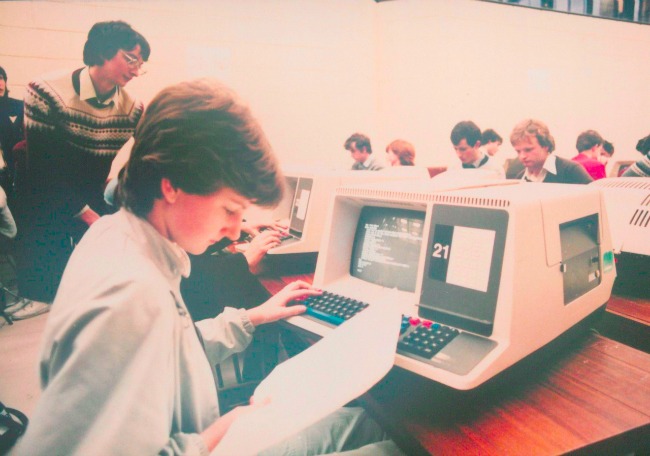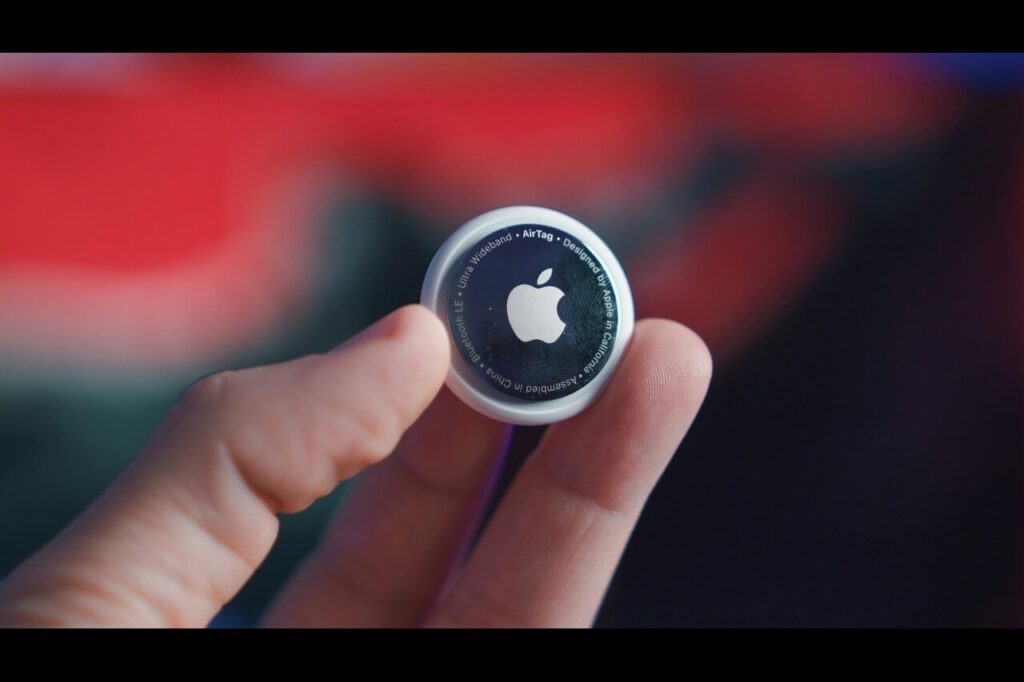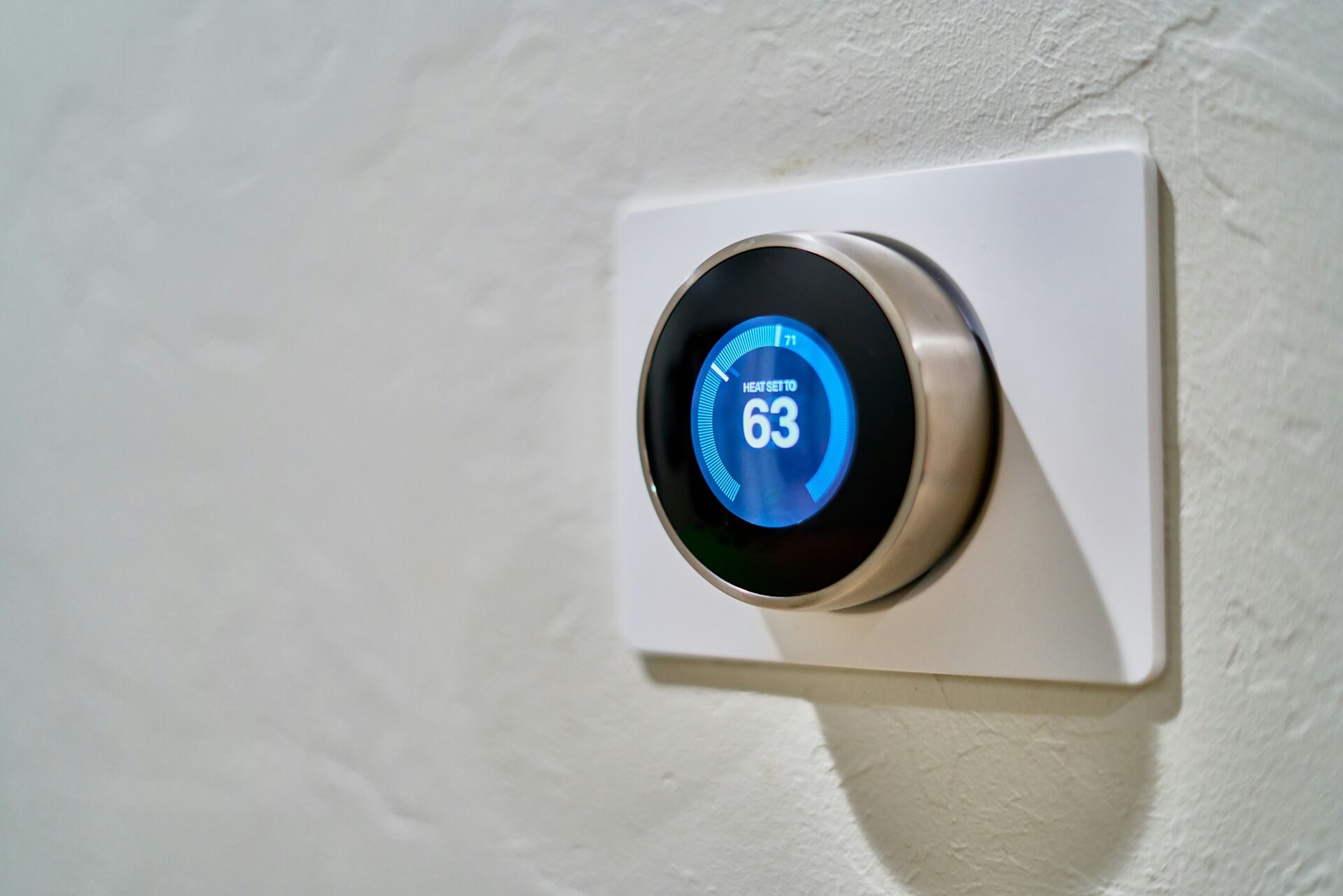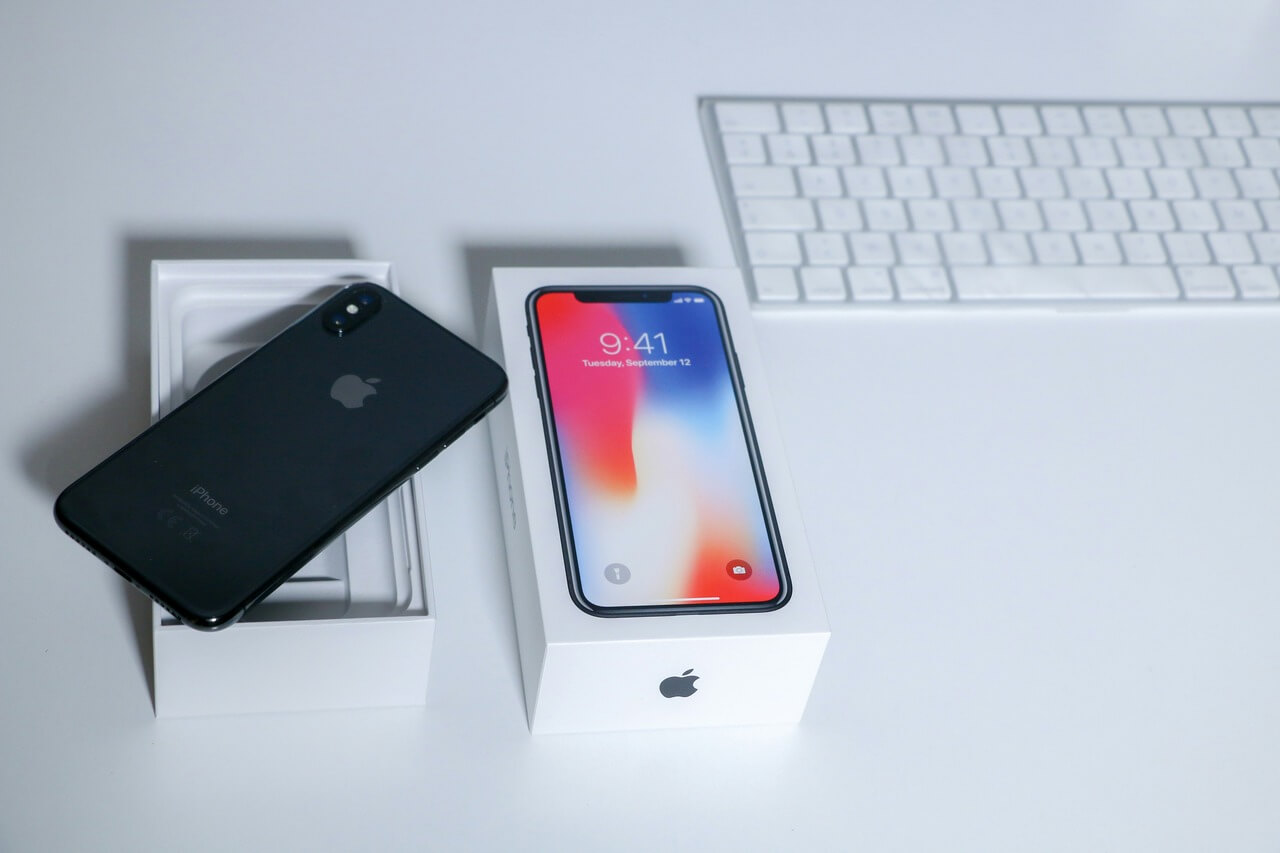Years ago, when you bought a new piece of technology, it seemed as though it was only a matter of time before new gadgets came on the market that made yours seem like relics from some long-forgotten past.
Remember that super sweet minidisc player all the cool kids had back in the day? Once the iPod hit the market in October 2001 and gained mainstream popularity in the ensuing years, minidisc players, along with Walkmans, Discmans and the rest of the lot, became things of the past. MP3 players were all the rage, and if you didn’t have one, well, you weren’t as hip. Or, more accurately, you weren’t able to haul a vast chunk of your music library around in your pocket.
The maddening fast pace of technological innovation can be attributed to Moore’s Law, which, generally speaking, says computing power doubles every 18 months.
So when new handheld devices (like the iPod) entered the market, the next-generation gadgets that entered the market a year and a half later blew them out of the water. Recently, industry experts predicted Moore’s Law would continue for the next decade.
But Your Older Devices Aren’t Obsolete …
Maybe sometime around 10 years ago, you’d be more inclined to run to the store to grab the next edition of every gadget — and some folks still do: We’re looking at you, Apple fanboys. But, for example, I’m still rocking a good old iPhone 4 — it does the job perfectly well for me. Though I know the iPhone 6 and 6 Plus are likely “better” and “more powerful” devices, the 4 still does everything I need it to do — and more.
So despite Moore’s Law, technology released within the past decade is still really, really, really good technology — even if it’s no longer cutting-edge. Which means that you don’t necessarily have to upgrade your devices when new ones are released, so long as they keep running, that is.
Talk about a productivity hack; imagine the time you’d save not having to rush out to upgrade every time Apple releases a new gadget.
But making sure your older devices run smoothly can be challenging. After all, companies might decide to discontinue offering repair services or security upgrades after a while so as to encourage their customers to open their wallets and grab a newer device, among other reasons.
Keep ‘Em Running
Luckily, if you want to keep your devices running for the foreseeable future, it’s not completely impossible. Consider the following:
- Keep your old devices around for spare parts. You never know just when your gadget will proverbially bite the dust — let’s hope your iPod lasts for the entire duration of your transatlantic flight! But by stockpiling older, similar devices, you’re able to make sure you at least have access to the replacement parts you need to restore your gadgets to optimal working condition. The last thing you want is to need a part that’s no longer produced.
- Use a repair service. Instead of taking your devices directly to the manufacturer that might charge outrageous sums to fix them, you might want to make use of a lesser-known repair service — like Demetrios Leontaris’ NYC iPod Doctor — who’ll restore them to proper working order for a discounted price. Leontaris’ business goes as far as making house calls; talk about convenience.
- Hang onto your old devices — even if they’re not working. And even if your devices aren’t working and you’re having a hard time restoring them, you might want to consider hanging on to them anyway, particularly if they’re an Apple first-generation product. Believe it or not, such gadgets and devices can fetch commanding sums on the open market a few years — or a few decades — after their release dates. Case in point? Someone paid over $900,000 for an original Apple I computer in 2014. Who knows? Maybe you have digital gold hanging around your house somewhere, too.
Thanks for reading, and may your old tech devices be in the favor of the technology gods — now and always.
Image by New Old Stock
[mc4wp_form]
Recent Stories
Follow Us On
Get the latest tech stories and news in seconds!
Sign up for our newsletter below to receive updates about technology trends















